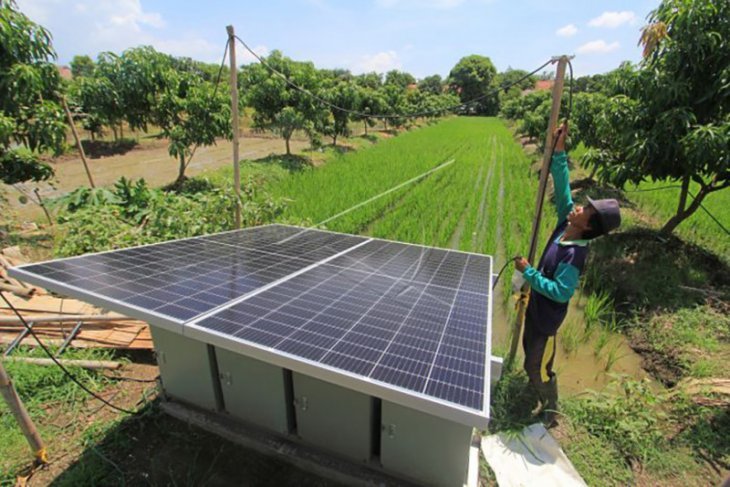The leadership of President Prabowo Subianto brings fresh optimism to Indonesia’s investment climate, with experts foreseeing potential growth opportunities in the capital market. While the outlook is positive, navigating upcoming challenges will be essential to maintain this momentum.
Strategic Emphasis on Clean Energy and Infrastructure
According to Rita Efendy, Founder of Indonesia Investment Education, Prabowo’s focus on clean energy and infrastructure could be pivotal in driving Indonesia’s economic expansion. This strategy, coupled with a commitment to economic stability, has the potential to lift the stock market.
“If Prabowo can foster strong relations with foreign investors while strengthening the domestic business environment, market responses will likely be positive,” Efendy said on Wednesday (23/10).
Efendy believes that with global challenges, Indonesia’s macroeconomic landscape can still see growth over the next five years.
She adds, “Achieving the 8% economic growth target is ambitious but within reach with structural reforms, improved regulations, and private sector involvement. Incentives like reducing government revenue shares and enhancing investor benefits will be crucial to positioning Indonesia as a top investment destination.”
IHSG Growth and Sectoral Gains in 2024
Capital market expert Rivan Kurniawan expects a strong economic recovery in 2024, spurring growth in both global and domestic markets. This momentum, he anticipates, will push the Jakarta Composite Index (IHSG) to unprecedented heights. IHSG reached 7,900 for the first time this year, and Rivan projects it could achieve 8,500 in 2025.
Rivan highlights several sectors poised to benefit from the existing sentiment:
- Micro, Small, and Medium Enterprises (MSMEs): Prabowo’s dedication to supporting lower-income communities is expected to stimulate consumption, boosting credit demand and benefiting banks with MSME and ultra-micro lending services.
- Oil and Gas: Energy Minister Bahlil Lahadalia’s agenda to boost upstream oil and gas operations will likely drive the performance of stocks and companies within these sectors.
- Consumer Goods and Agriculture: Prabowo’s free lunch program, which will require various raw materials, is expected to drive demand in the poultry, rice, and consumer goods sectors. Rivan explains “Further analysis will reveal whether the supply will be sourced from private companies or if new state-owned enterprises will be formed to manage these resources.”
- Property Market: Real Estate and Property: Tax incentives in the property sector are expected to favor property stocks. With the elimination of the 11% VAT and 5% BPHTB tax, there’s an effective 16% tax reduction for property purchases. Furthermore, a 50% VAT-DTP incentive is likely to continue into 2025, boosting sales in both subsidized and non-subsidized housing and benefiting property developers and mortgage banks.
Prabowo’s Commitment to Policy Continuity and National Stability
Teguh Setiawan Pinem, founder of the Indonesian Stock Investor Community, believes Prabowo’s administration will emphasize continuity from the previous government while focusing on national stability in both security and economic policies.
This stable environment is anticipated to support the construction sector, with significant projects such as the Nusantara Capital (IKN) development and other strategic infrastructure likely to proceed under Prabowo’s tenure. The property market is also expected to benefit from tax exemption plans on residential homes.
Prabowo’s policy framework, particularly the Omnibus Law on Job Creation, is not only an economic growth tool but also aims to improve living standards in Indonesia. Recognizing that economic growth requires a stable and content workforce, Prabowo advocates for higher standards in worker protection, including improved access to health insurance, retirement benefits, and job security.
To ensure the success of the Job Creation Law, Prabowo emphasizes the importance of full support across all sectors, encouraging cooperation between the government, private sector, and workforce. This synergy is essential to driving national productivity and fostering sustainable growth in Indonesia.

















